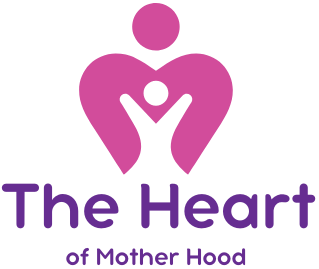The quote “To the world you may be just a mother, but to your child, you are the world” beautifully encapsulates the profound and often unrecognized role that mothers play in their children’s lives. While the world may perceive motherhood as a role filled with everyday tasks and responsibilities, to a child, a mother represents much more—she is their world, their first teacher, protector, and most consistent source of love.
The Powerful Bond Between Mother and Child
From the moment a child is born, they form an instinctive bond with their mother. The early connection they share is one of emotional dependence and love. A mother’s voice, her touch, her scent—these are the things that bring comfort and security to an infant. This connection shapes the foundation of a child’s emotional well-being and sense of safety in the world.
To the world, mothers might appear as caregivers, performing household duties, managing careers, or running errands. Yet, to their child, a mother is far more. She is their entire world in the early years. As they grow, the significance of a mother’s presence continues to be profound, influencing their views, their emotional stability, and their ability to trust others. The impact of a mother’s love is irreplaceable and everlasting, building the emotional resilience needed for life.
Emotional Labor: The Often Unseen Contribution
Motherhood is often characterized by its emotional labor—those invisible tasks that are difficult to quantify but deeply important. A mother is more than just a provider; she is a constant emotional anchor in her child’s life. She listens, reassures, comforts, and helps navigate the emotional ups and downs of growing up. The sacrifices a mother makes are often unseen by the world, but they are felt deeply by the child.
This unseen emotional labor can be draining, yet it is essential for the child’s development. Mothers give of themselves without asking for recognition, focusing instead on the needs of their children. This selflessness creates an emotional bond that goes beyond any task, leaving an indelible mark on a child’s sense of self-worth and emotional intelligence.
The Lifelong Impact of a Mother’s Love
While the child’s world might revolve around their mother in the early stages of life, that influence continues throughout adulthood. Even as children grow and mature, the lessons and love imparted by a mother remain a guiding force. Whether through advice, emotional support, or a steady reminder of values, a mother’s influence shapes how a person approaches life’s challenges and relationships.
In times of joy or hardship, many people turn to their mothers for comfort, wisdom, and strength. This lifelong connection reinforces the idea that, to a child, their mother is their world—she is a constant source of support and guidance, even as they become adults themselves.
Conclusion
The saying, “To the world you may be just a mother, but to your child, you are the world,” is a reminder of the unique and irreplaceable role mothers play. While society may overlook or undervalue the contributions of mothers, their influence is far-reaching. For a child, a mother is the central figure in their early development, and her love, guidance, and sacrifices shape their understanding of the world. To a child, there is no one more important, no one more impactful than their mother.
